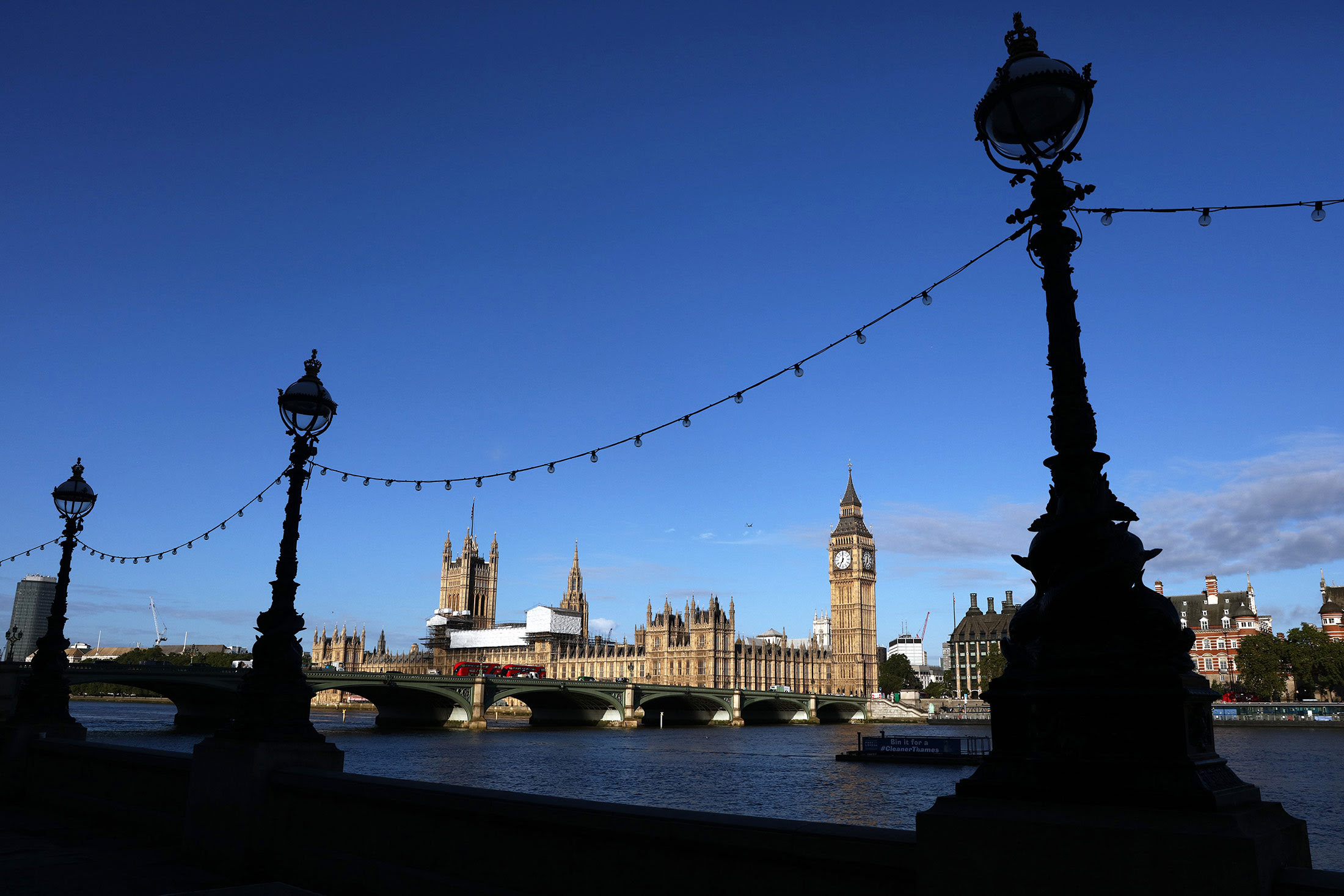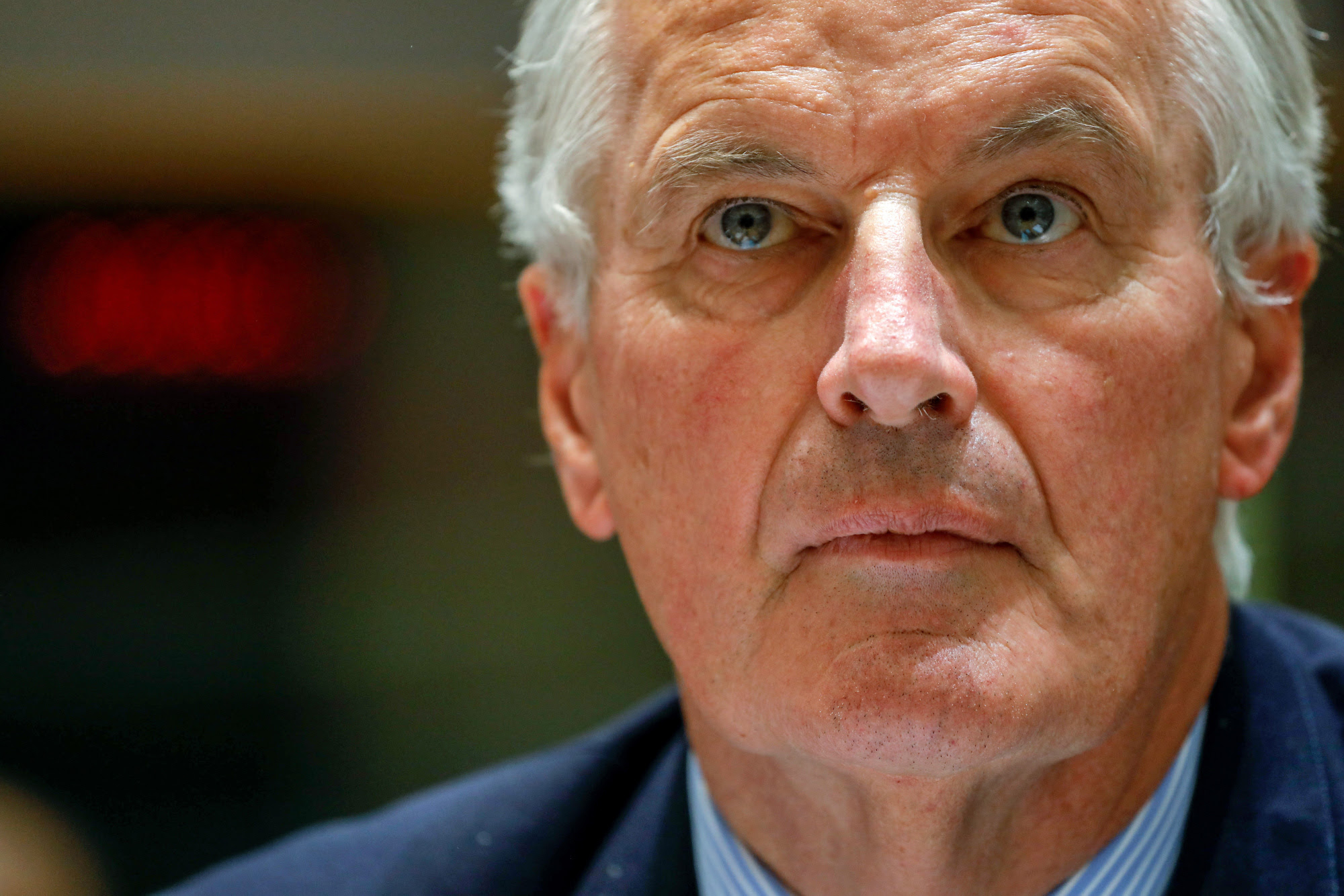Brexit could offer a more generous immigration policy
Brexit could offer the UK the chance to have “a more generous immigration policy”, Andrew Lilico told the annual CIPFA conference.
In Manchester this morning Lilico, executive director and principal of consultancy Europe Economics, discussed the public policy challenges and possible remedies facing the UK after the vote to leave the EU.
One of the issues exposed by the referendum, he said, was the different impact population growth has had across the UK,
He noted the effects of growing populations from internal migration and immigration and economic development, which has been unevenly experienced in different regions.
Lilico pointed out the population of England has grown by 60% since 1901 while the populations of Scotland and Northern Ireland have been stable or only grown slightly.
The rise has been acutely felt in a corridor from Manchester to Birmingham down to London and the south, he explained.
He told delegates Brexit might allow the UK to adopt a Canadian-style regional passport system to direct migration to areas where it would be considered beneficial.
“We may find that is feasible to do in the UK, we can say come live in Scotland or in the North East, or South West or Northern Ireland,” he stated.
Adding: “The use of those kinds of mechanisms could allow us to have a more generous immigration policy than we currently have and be part of the process to reinvigorate some of the areas in terms of regional policy, which have not been particularly successful, quite notoriously so.”
Regional policy in the future could be used to attract “high-skilled globally mobile people” rather than businesses to areas, he said.
Times commentator Philip Collins, a former speechwriter to prime minister Tony Blair, told the session that he did not subscribe to the distinction between hard and soft Brexit.
If the vote to leave the EU was primarily about immigration he said it was logical that the UK come out of the single market as the only way of ending freedom of movement.
But Collins added that the result at last month's general election demonstrated that there was now no majority for this course of action. Nor indeed any other course of action, he added.
Grace Blakeley, researcher from the IPPR North think-tank, said at the session there was a stark difference between London’s funding to the rest of the country.
She said recent studies have shown the UK was the most regionally imbalanced country in terms of investment in different regions in Europe.
Blakeley called for a Northern Brexit Committee to be established to give the region a “voice at the negotiating table”.
Adding: “We now know that the voices of Scottish and Northern Irish administrations are going to be very strong and we really think it is important for the regional institutions, which exist at a Northern level, to have a say in the government’s direction.”
She also urged the regions to create policy to focus on a ‘place-based’ approach to develop “clusters of industry, which rely on local supply chains” rather than a direction from Westminster.
Blakeley also stressed the importance of working on social infrastructure, investing in people through housing, education and health care.
“Those things are just as important as transport [and] energy in allowing people to fulfil not just their economic potential but their social potential,” she said.



Comentarios
Publicar un comentario